If you have read Iain Sinclair’s books you will know that he is a stylist with a love of language. You will also know that he has opinions to express and projects to promote or destroy: London’s Olympic park was one of his targets. He has lived in Hackney for much of the past 40 years and his previous book of that name was so provocative that Hackney council tried to ban him from giving a reading at a local library. He can be digressive to an extent that becomes challenging, as you would expect from a writer who long ago rejected the need for anything as banal as a narrative. And of the 41 earlier works of ‘documentary’, fiction and poetry listed on the flyleaf of this volume, many have been set in the UK, specifically London.
But American Smoke, as the title suggests, is mostly set in the US and is as close as I can imagine Sinclair coming to a road book, even though the road is far from straight. Following him from the 1960s to the present day, from the village of Ripe, Sussex, where Malcolm Lowry lived and died, to various points in America, and back to Shoreditch and Hackney, to Germany, to the Texan library where Kerouac’s and Sinclair’s own archives now reside, is like trying to trace the pattern of a spider’s web.
The theme which has replaced a clear narrative is his obsession with writers of the Beat Generation — Jack Kerouac, Allen Ginsberg, William S. Burroughs, but also the lesser known Mark Van Doren and the modernist Charles Olsen. With some of these writers Sinclair feels a creative kinship, and with others — Burroughs, for instance — he has shared moments. Around this core there is a vast range of characters, some of whom you will have heard of or seen on screen, and an even vaster assembly of random incidents and observations, either spotted along the way (the couple making love in Sinclair’s Berlin hotel room, for instance), or remembered and therefore included. Watch the spider spin its web, darting here and there, turning back, pushing on, with no obvious reason for going one way or another. Only when the work is finished do you see the pattern.
Sinclair is famous for walking around the M25 for his book London Orbital. He now shuns the term ‘psychogeography’, although he helped popularise the concept, being a writer concerned with the connection between people and place — here with the Beats and the United States. Experience has taught him that it is easier to uncover this link when travelling on foot, so it comes as a surprise to find him driving a car for much of this book, although not as great a surprise as the variety of prose on offer. This ranges from hard-nosed observation — William Burroughs ‘measures out his day between methadone hits, calls to the vet and the ever-earlier hour for the first tumbler of vodka’ — to the random observations of the opening of a chapter entitled ‘Hollywood’:
Fire is stopped by ice. It’s always temperate and warm, but nobody notices. They don’t step outside, they don’t risk the sun’s hurt. The horizon is iced too, it tinkles. Dollar bills come straight from the fridge. Palm trees are apologetic.
By now it will be obvious that Sinclair demands time. If you read this book it will be at his pace, wandering the world with him, wondering over images, teasing the meaning out of connections. It is not just to be dipped into, not when a single page might make connections between the author and his wife, a Nigerian driver, David Beckham, Tony Blair, Orson Welles, the Dalai Lama, Lord Coe and Tom Cruise.
At the very end, Sinclair admits to ‘the futility of my American tourism, this incontinent expenditure of words’. Incontinent it may be, but not futile. For in his description of the process by which ‘I was cured of my interests and obsessions. Cured by confrontation. Cured by the light on the sea,’ there is a web of ideas that gives us his unique take on the Beats and their moment in 20th-century letters.
Sinclair fans will love American Smoke’s rich mix, the blurred lines and outfield references. New Sinclair readers will either be converted or lost in the maze-like web.
Got something to add? Join the discussion and comment below.
Get 10 issues for just $10
Subscribe to The Spectator Australia today for the next 10 magazine issues, plus full online access, for just $10.
Available from the Spectator Bookshop, £15.95, Tel: 08430 600033
You might disagree with half of it, but you’ll enjoy reading all of it. Try your first month for free, then just $2 a week for the remainder of your first year.

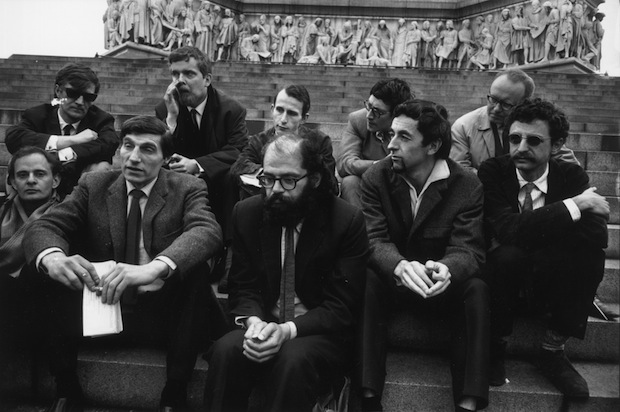


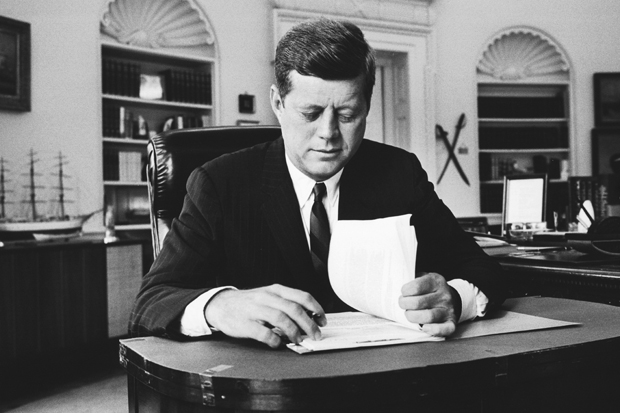
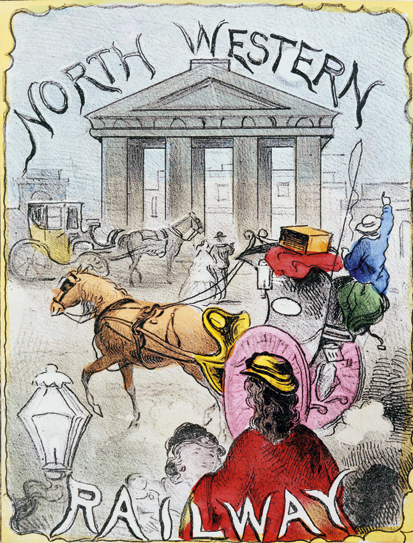
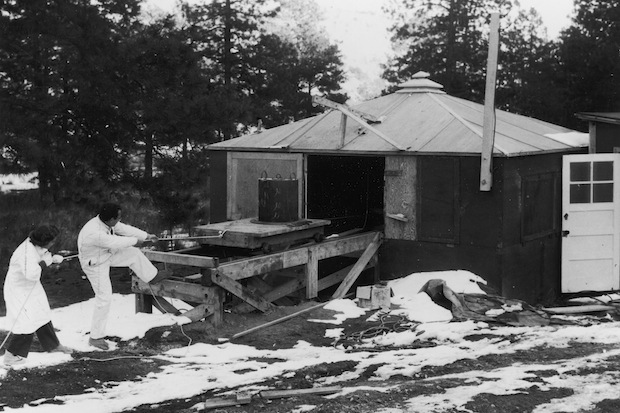
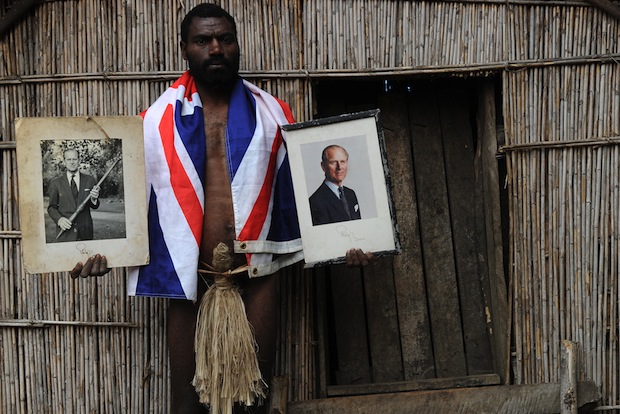






Comments
Don't miss out
Join the conversation with other Spectator Australia readers. Subscribe to leave a comment.
SUBSCRIBEAlready a subscriber? Log in